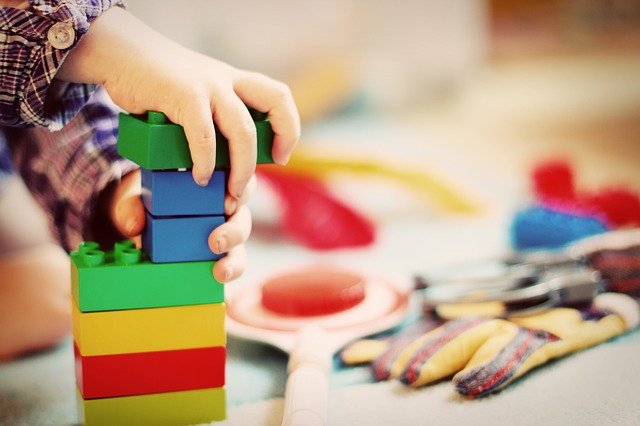
I’ve spent the last few months researching and writing about inclusion of children with disabilities at Pagan events on my Patreon account, and creating a plan (and materials) to support those children at Pagan events. One of the things I keep coming back to while working on this project is that we (as a community) really need to step up our game when it comes to children, on just about every front – events, activities, learning…all of it.
No, we don’t have to be like everyone else, with buildings and a standard religious text to read stories from. But we could be so much better.
If we have children’s programming, it’s often ad-hoc, and left up to a half dozen or fewer people to run for the whole weekend. They’re usually parents of those participating, and because it’s all on them, they don’t get to participate in the rest of the event.
It’s often not even “programming” in the sense that the rest of the event has programming – it’s sort of, kind of, but not really, babysitting. There are crayons and art projects, but not much to hold kids’ interest, and little for them to learn from.
We often don’t adequately address safety. While it’s nice to think that all of our fellow attendees at any given event are good and honorable people, and that we’re all living together in our little temporary village…predators do exist, even in our communities (especially in communities where we aren’t willing to turn people away because we don’t want to make a scene – see the Missing Stair theory for more info if you’re not familiar). There are also environmental safety issues – letting children run without any supervision at all, in parks, campgrounds, or hotels, is a risk for event organizers. And while most big events have insurance to cover liability and expenses if something goes wrong, many smaller events do not. Some events require children in certain age groups to be supervised by adults or by teens, but not all.
We don’t see the disconnection between the idea that we are a community – that events are, basically, temporary Pagan villages – and the fact that in a community, we should be taking care of all of our community…even the youngest ones.
We can learn a lot from other organizations and communities who have experience working through how to include children, teach them, and keep them safe (mostly, that experience comes from failures to keep children safe, and it’s a lesson that it seems to me that we’re better off learning from their experiences than repeating them).
Almost everyone – even (especially) Catholics and Boy Scouts – require background checks. Many organizations do not allow one adult to be alone with one child. Most utilize those in their communities with training or experience – teachers, parents, and so on – to set up plans for how to teach children, and how to work with them in ways that benefit them. Most train volunteers to help run these events, and that includes help from all ages and genders. Many churches, especially big churches with big youth programs, include access control – children are signed in and out of events so that no one gets lost. And they include opportunities for parents to meet their own spiritual needs without their children.
The best events that include children include many senses, and many styles of learning. They include movement, music, scent, sound, time to wind down….basically, the same sorts of things that a good ritual includes. They include separate options for kids and teens, and events specifically for them, not just events where they’re tolerated or added on. They mix fun, education, and developmentally appropriate ways of growing skills and knowledge.
This sort of thing takes planning. It takes will to make it happen. And it takes resources. As with everything, it’s a matter of deciding that this is important…



